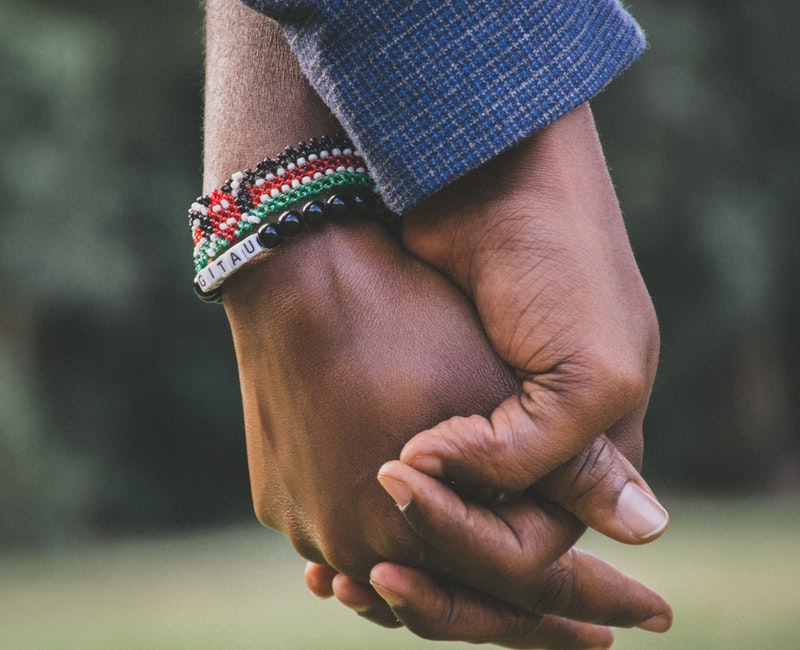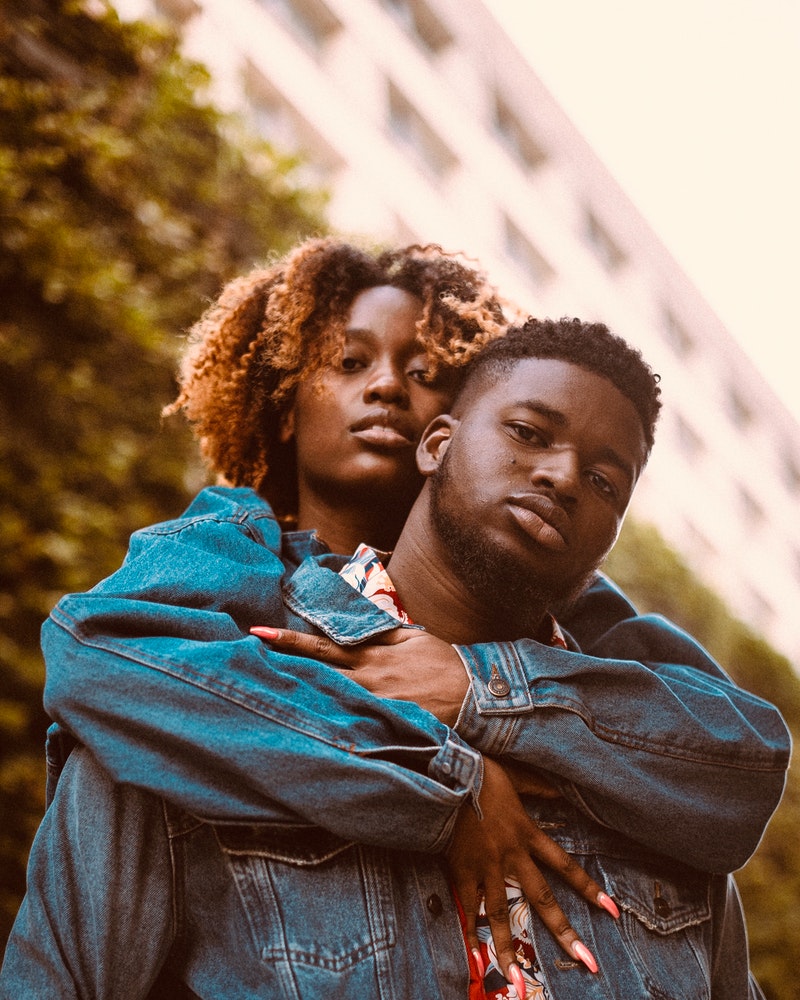
If you ever find yourself looking into matters of the heart online, you may have heard of the term "love language."
Aren't sure what it's all about? Allow us to clear things up. The theory of the five love languages was developed by Gary Chapman, PhD. He wrote about it in his book, The Five Love Languages: How to Express Heartfelt Commitment to Your Mate. Year after year, the book's following has grown. In fact, it's been on the New York Times best-seller list since May 2014. Since then, it's evolved a bunch and is now called The Five Love Languages: The Secret to Love That Lasts. Other copies that are specialized for different kinds of relationships are also available. Still, the core principles are the same.
Chapman's theory explains that the things that make one person feel loved may not necessarily be received the same by another. He believes everyone understands and receives love in one of the five love languages. The other languages offer opportunities for couples to express love, but they aren't the preferred way.

What's your love language? Better yet, what is a love language? Gary Chapman first introduced the world to his theory of the five love languages in the early '90s.
"It became apparent to me that what makes one person feel loved isn’t always the same for their spouse or partner," Chapman told She Knows.

Chapman believes that learning about the five love languages gives you a better idea of how different people give and receive love. In having this understanding, you can improve the way you connect with others in your relationships. You can see the deeper reasons why certain things work for one person and not another.

That's not to say that if you and your partner have different love languages that you're incompatible. Relationships between people with different ways of showing and receiving love can flourish as long as both parties have an understanding of each other's love language. The idea is that knowledge empowers you to approach situations in any kind of relationship with an alternate perspective.
Words of Affirmation

Compliments and praise make the day of those whose love language is words of affirmation. Written and spoken shows of affection matter the most to these people. These expressions make them feel understood and appreciated.

If you're in a relationship with someone whose love language is words of affirmation, it's important to say what you feel. You can do that in a number of ways, of course. There are love notes, compliments, expressions of gratitude, and more. Making your partner feel heard and recognized goes a long way.
Acts of Service

If your love language is acts of service, you genuinely believe actions speak louder than words. These people love it when someone shows they care with even the smallest gesture. Whether it's a surprise night out on the town or doing the dishes, they'll appreciate all the ways you show that you care.

Taking over a chore or doing a favor for your significant other without being asked is one great example of how to show love with acts of service. Talk to your partner to learn which kinds of gestures are the very best way to get it right, however. Remember that the littlest thing can go a long way, and you're all set.
Gifts

It's easy to confuse this love language for materialism, or worry you'll be taken advantage of. However, those who see gifts as an expression of love truly believe it's the thought that counts. They appreciate gifts that show a lot of thought and effort over pricey, popular items any day.

Marking special occasions with gifts shows someone with this love language that you genuinely care about them. They love to collect these visual tokens of affections and show them to others. There are also the kinds of gifts that they can't show but they can feel, such as support during a hard time.
Quality Time

Your significant other can use some specialized one-on-one time, even if you're always together. This love language appreciates shared experiences. To them, the best thing you can do is share your undivided attention.
Physical Touch

Some people are naturally more touchy and enjoy physical shows of affection. These are the ones who will touch your hand during a conversation. They may like holding hands, hugging, playing with your hair, and all kinds of little expressions of intimacy.

Those who express love with physical touch like the safety that they feel from these tiny gestures. Just because someone's love language is physical touch doesn't mean they are always open to it, however. The necessary step of getting consent must always be part of these interactions, again keeping safety in mind.




